
Unexplained Bruising on Your Body: Causes and Treatments
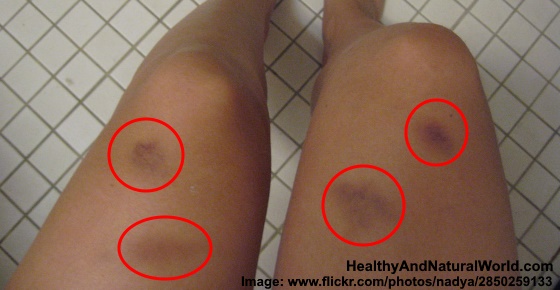
Experiencing random bruises on your legs—or anywhere on your body—can be confusing and frustrating. Sometimes a bruise appears without a clear memory of an injury, while in other cases, even a tiny bump can result in a noticeable mark. Although most unexplained bruising is harmless, certain cases may hint at underlying health conditions.
This guide walks you through what bruises really are, why they show up unexpectedly, and when you should seek medical attention.
What Is a Bruise?
A bruise forms when small blood vessels under the skin break due to some level of trauma—even a mild one you may not remember. Blood then pools under the skin, causing the familiar blue, purple, or black discoloration. As the bruise heals, it turns green or yellow before fading completely.
Bruises typically heal within 1–2 weeks.
Common Causes of Random or Unexplained Bruising
1. Aging
As skin gets thinner and loses protective fat, blood vessels become more fragile—making bruising more common, especially on legs and arms.
2. Vitamin Deficiencies
-
Vitamin C deficiency weakens blood vessels, causing increased bruising.
-
Vitamin K deficiency impairs clotting, making bruises appear easily.
Both deficiencies may also cause petechiae or purpura—tiny red or purple dots under the skin.
3. Medications & Supplements
Blood-thinning drugs such as:
-
Aspirin
-
Anticoagulants
-
Certain antibiotics
…can increase bruising. Herbal supplements like ginkgo biloba, turmeric, ginger, and St. John’s Wort may have similar effects.
4. Hereditary Factors
Some people naturally bruise more easily due to genetics. Women also tend to bruise more than men due to differences in skin and blood vessel structure.
5. Bleeding Disorders
Conditions such as hemophilia or Von Willebrand disease impair clotting and may cause:
-
Large or frequent bruises
-
Nosebleeds
-
Prolonged bleeding
6. Too Much Sun
Long-term sun exposure weakens skin and blood vessels, making the skin more prone to bruising.
7. Intensive Exercise
Strenuous workouts—especially weightlifting—can cause micro-tears in blood vessels and lead to bruising.
8. Diabetes
Poor circulation from diabetes may cause bruising that heals slowly or appears unexpectedly. This often occurs alongside increased thirst, urination, and fatigue.
9. Viral Infections
Certain infections can lower platelet counts (thrombocytopenia), leading to unexplained bruising. Examples include:
-
Chickenpox
-
Mumps
-
Rubella
10. Autoimmune Diseases
Conditions like lupus, rheumatoid arthritis, and vasculitis can trigger inflammation in blood vessels, causing unexplained bruises.
More Serious but Less Common Causes
Liver Disease
Impaired liver function reduces clotting factors, leading to unexplained bruising, yellowed skin, and swelling.
Kidney Disease
Late-stage kidney disease may cause easy bruising along with fatigue, numbness, or changes in urination.
Cancer
Chemotherapy and blood cancers like leukemia can cause:
-
Frequent bruises
-
Tiny red spots (petechiae)
-
Fatigue
-
Weight loss
An unexplained bruise on the breast that doesn’t heal may be a sign of inflammatory breast cancer.
When to See a Doctor
Seek medical evaluation if:
-
Bruises don’t heal within 2 weeks
-
New bruises appear suddenly or frequently
-
You notice bruising for no clear reason
-
The bruise is extremely painful
-
There are signs of infection
-
Bruising occurs with nosebleeds, bleeding gums, or unusual fatigue
-
The bruise appears with neurological symptoms or swollen limbs
Natural Remedies to Help Bruises Heal Faster
You can reduce inflammation and shorten healing time using:
-
Cold compresses
-
Aloe vera
-
Arnica gel
-
Witch hazel
-
Vitamin C-rich foods
-
Gentle elevation and rest
News in the same category

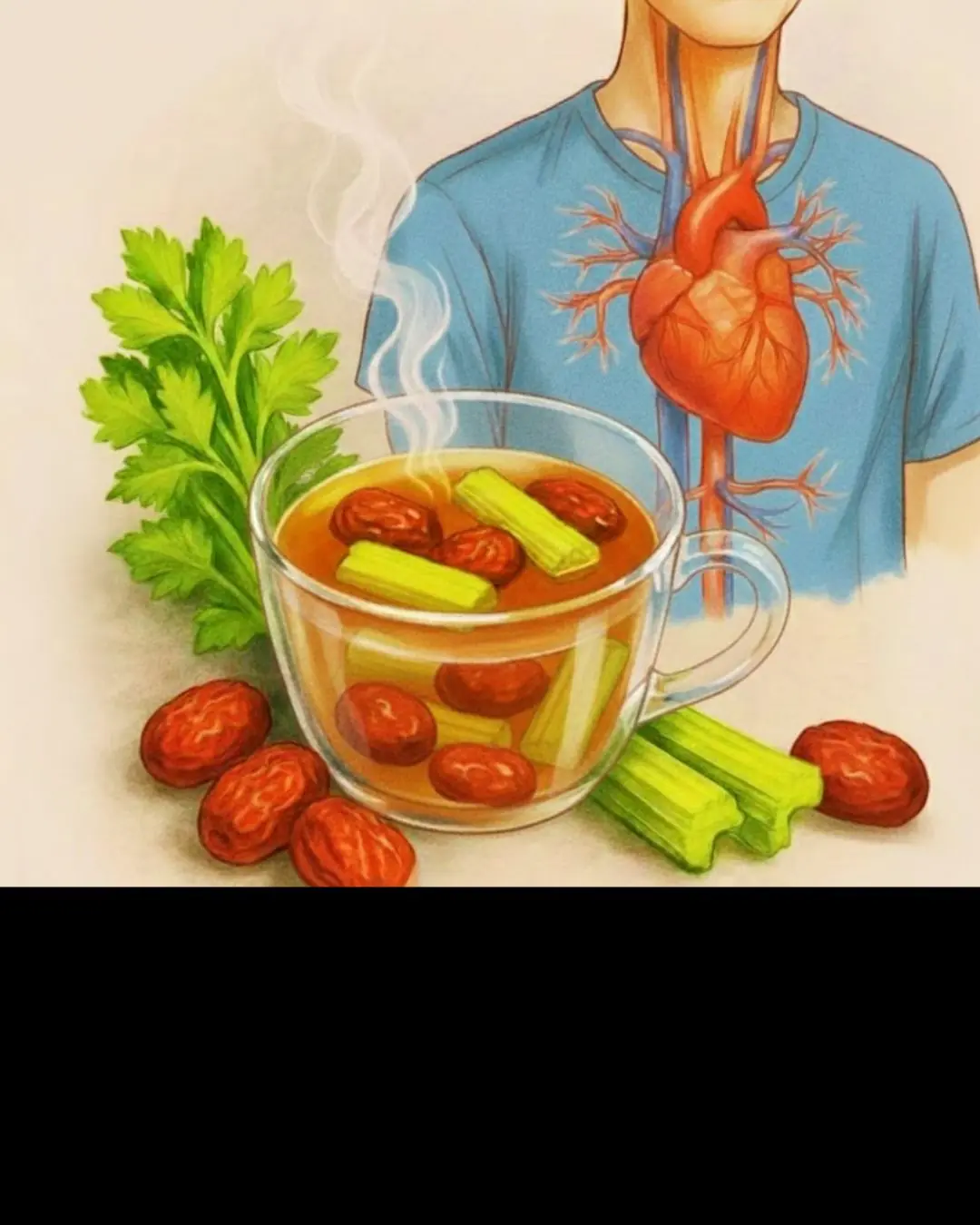
Got High Blood Pressure? Try This 2-Ingredient Tea!

The Best Natural Remedies to Treat and Prevent Varicose Veins Effectively

People Who Do This Every Morning Have Better Circulation and More Energy
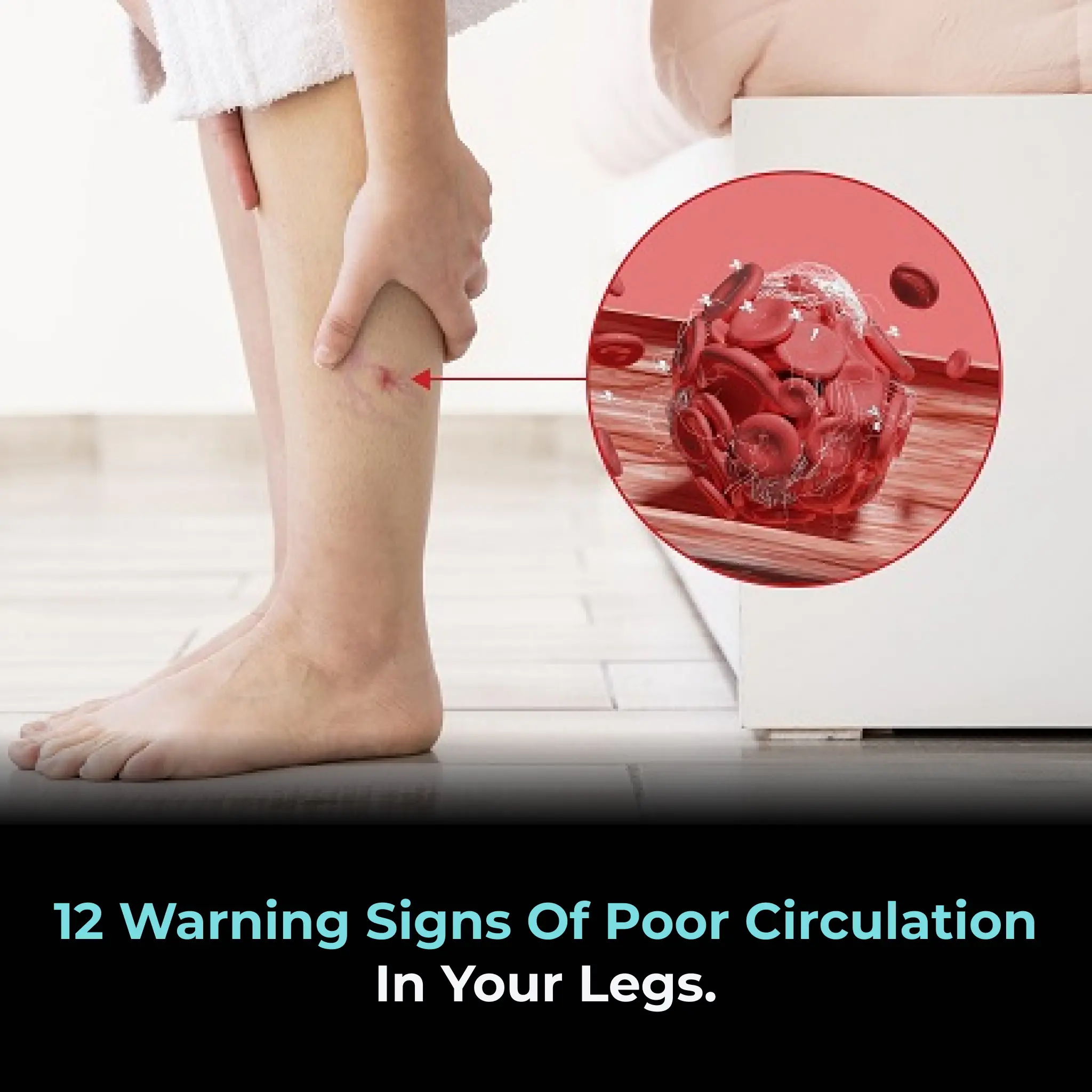
12 warning signs of poor circulation in your legs.

Treating Nail Fungus Naturally
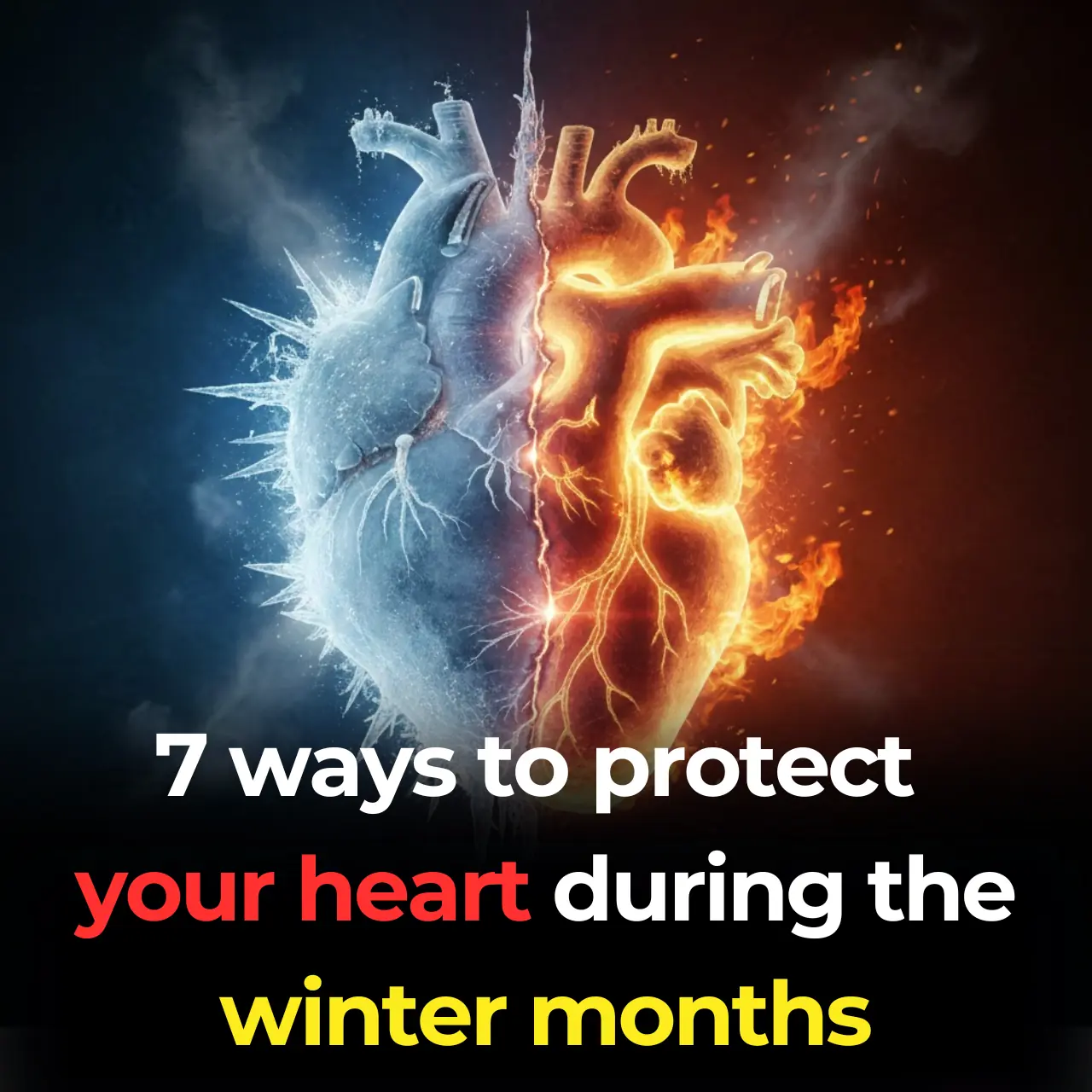
7 ways to protect your heart during the winter months

Coconut water: Is It Good for You, Nutrition, Benefits, Side Effects (Science Based)

Lose just 1 gram of fat in your pancreas – and your diabetes may reverse, study finds
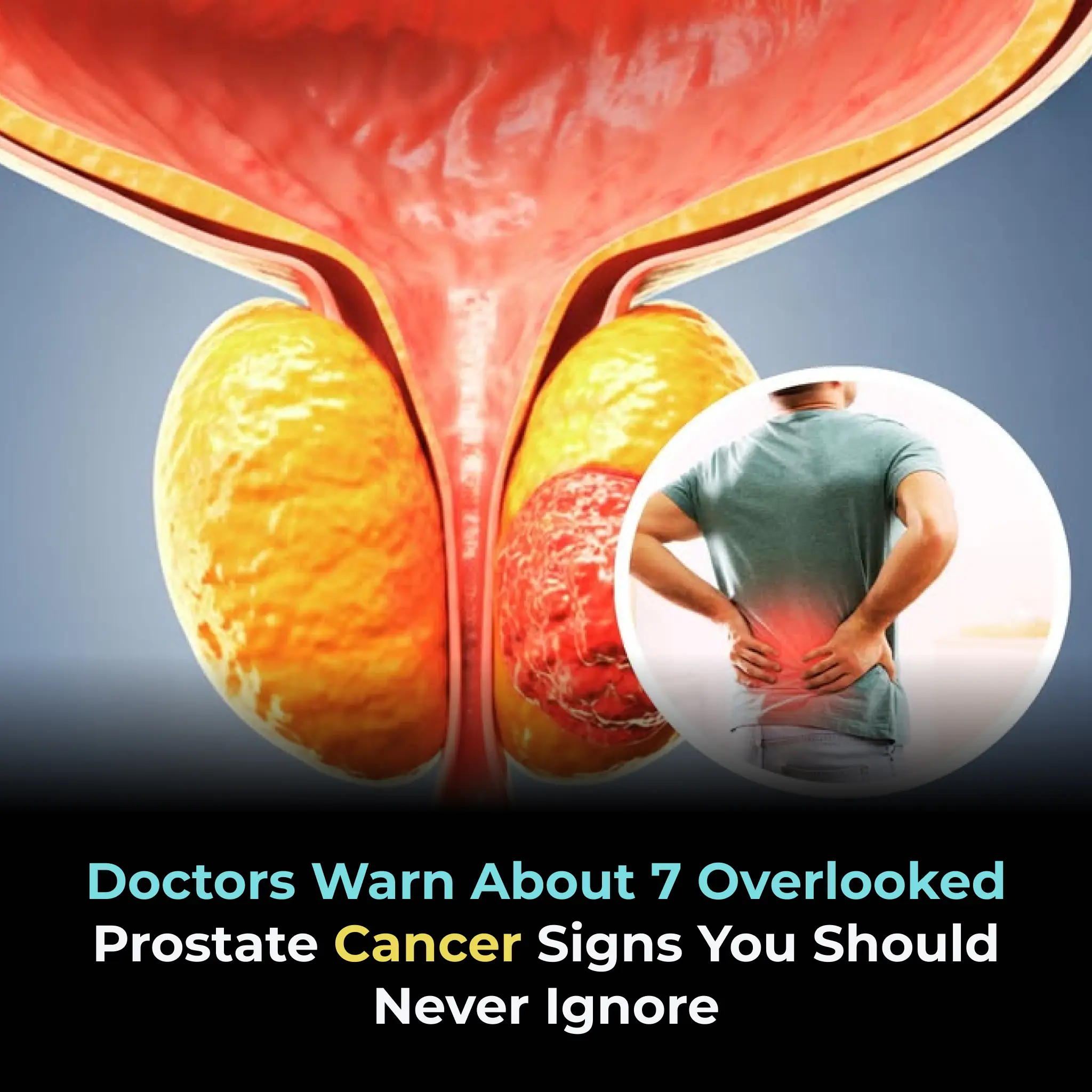
Doctors warn about 7 overlooked prostate cancer signs you should never ignore

The best way to lower blood pressure fast!

Top 5 Veggies to Detox Your Arteries and Prevent Heart Attacks!

Untreated sleep apnea may nearly double your risk of Parkinson’s, major study finds
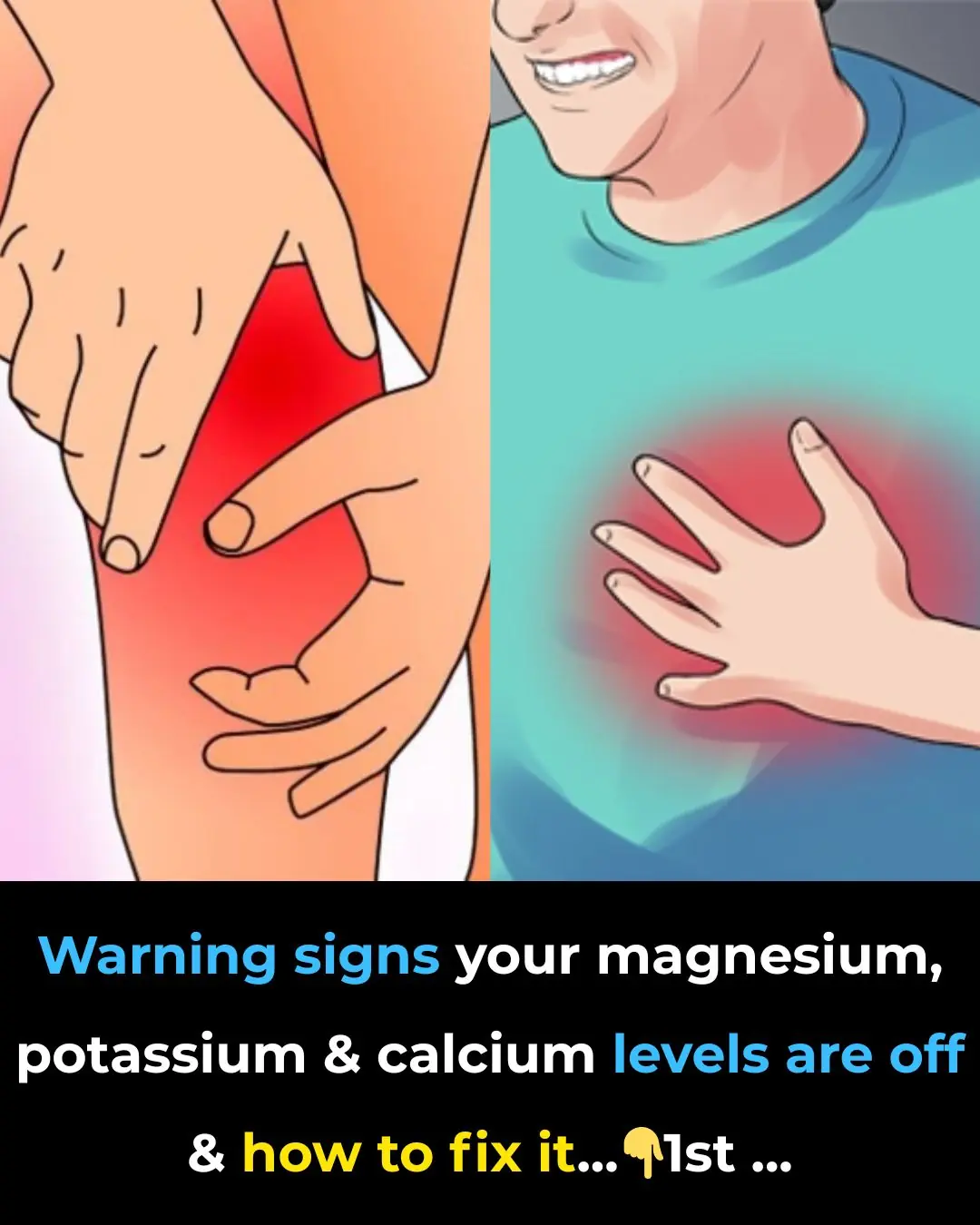
Warning Signs Your Magnesium, Potassium and Calcium Levels Are OFF and How To FIX It!
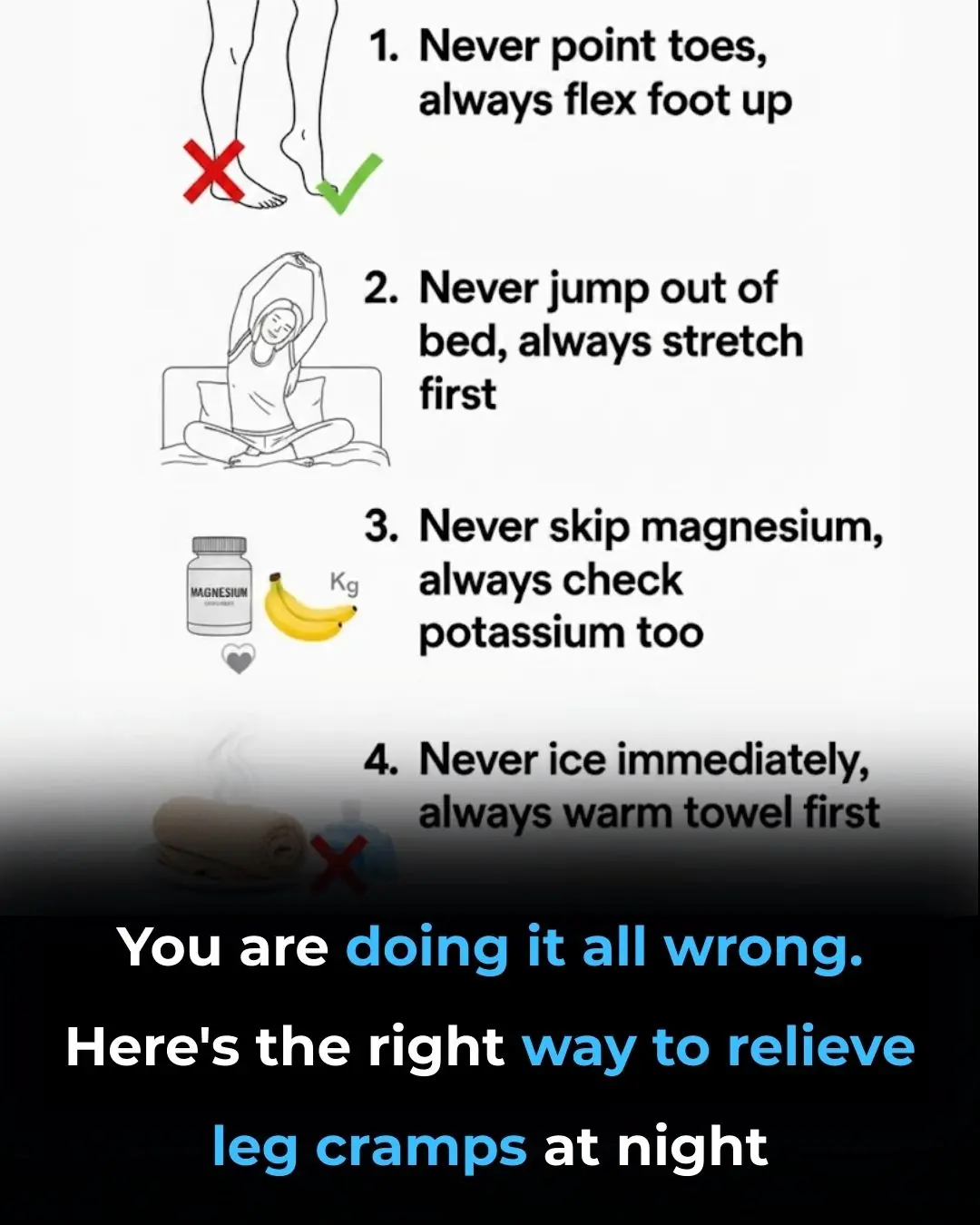
You are doing it all wrong. Here’s the right way to relieve leg cramps at night
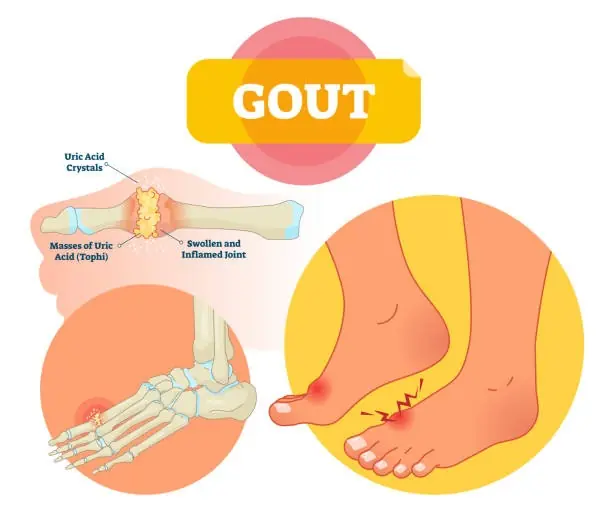
Few Know This Trick To Stop Uric Acid Crystals From Destroying Joints
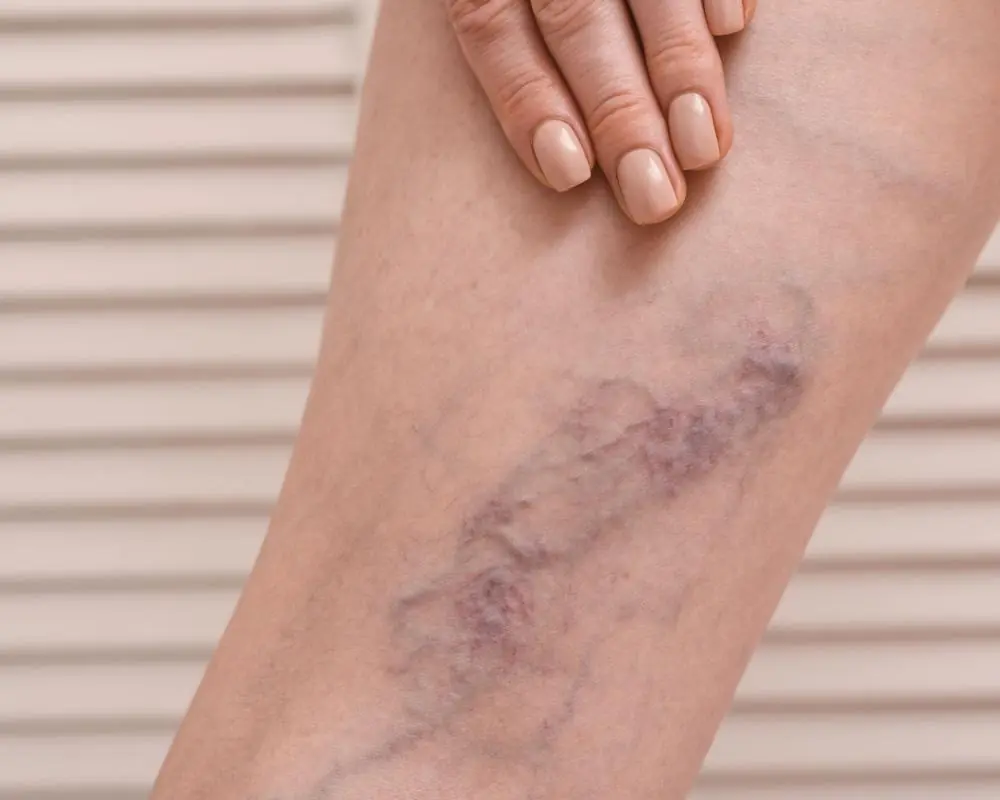
WHAT IS THROMBOSIS? SYMPTOMS AND HOW TO PREVENT IT

The Surprising Healing Power of Onion Milk

AVOID Ginger If You Have THESE Health Problems
News Post

Dandelion Root Extract Shows Potential to Eliminate Up to 95% of Cancer Cells in 48 Hours

Meet the Solar-Powered Sea Slug: The First Animal Known to Photosynthesize!

13-Year-Old Boy's Heartwarming Act of Sacrifice: Buying His Mother a Car Through Hard Work and Compassion
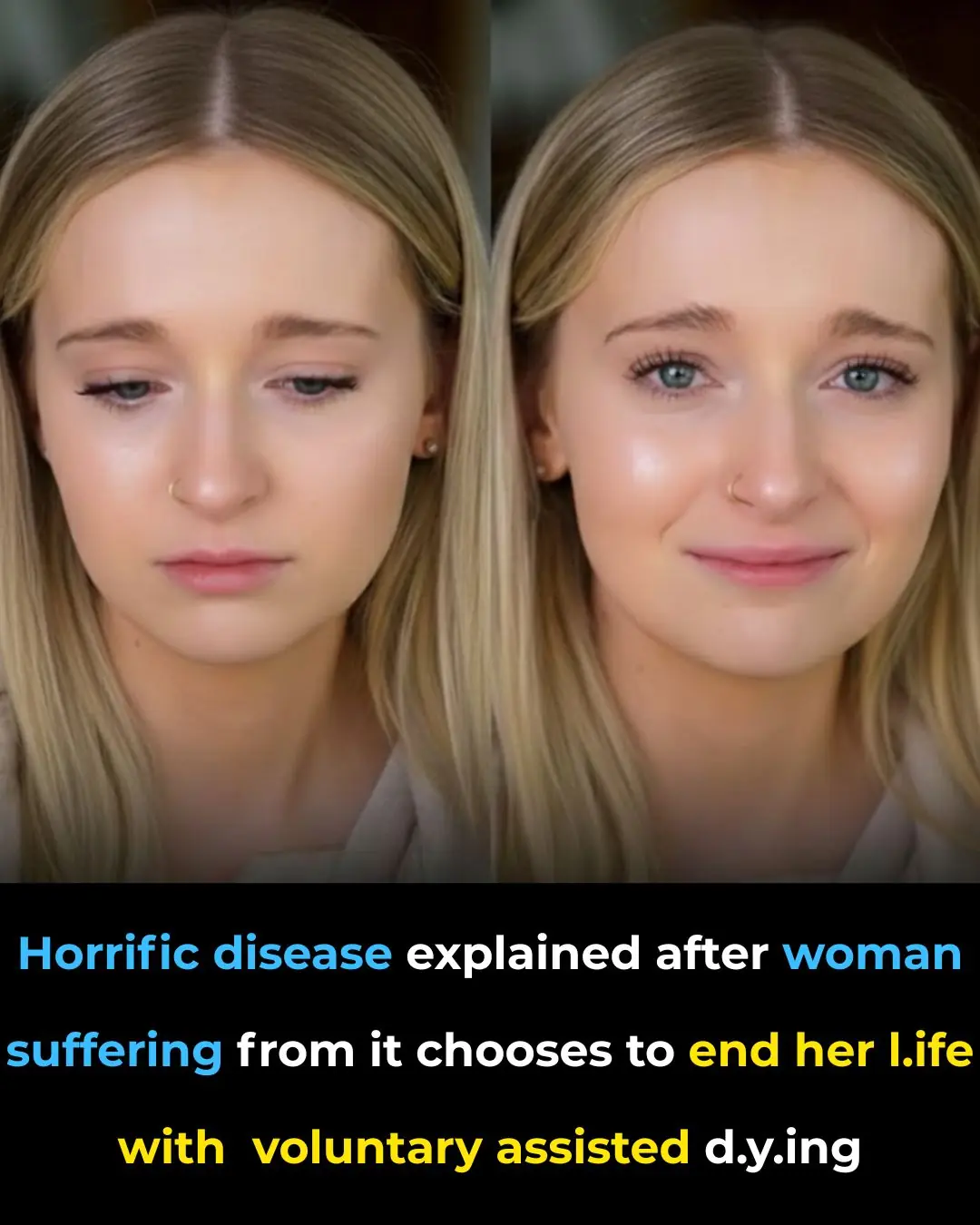
Living With a Rare Condition, a 25-Year-Old Faces One of Life’s Hardest Decisions

Simple Ways to Reduce Nighttime Wake-Ups and Improve Sleep Quality.

Aretha Duarte Makes History As First Black Latin American Woman To Climb Mount Everest

Doctors reveal the #1 supplement to reduce dementia risk
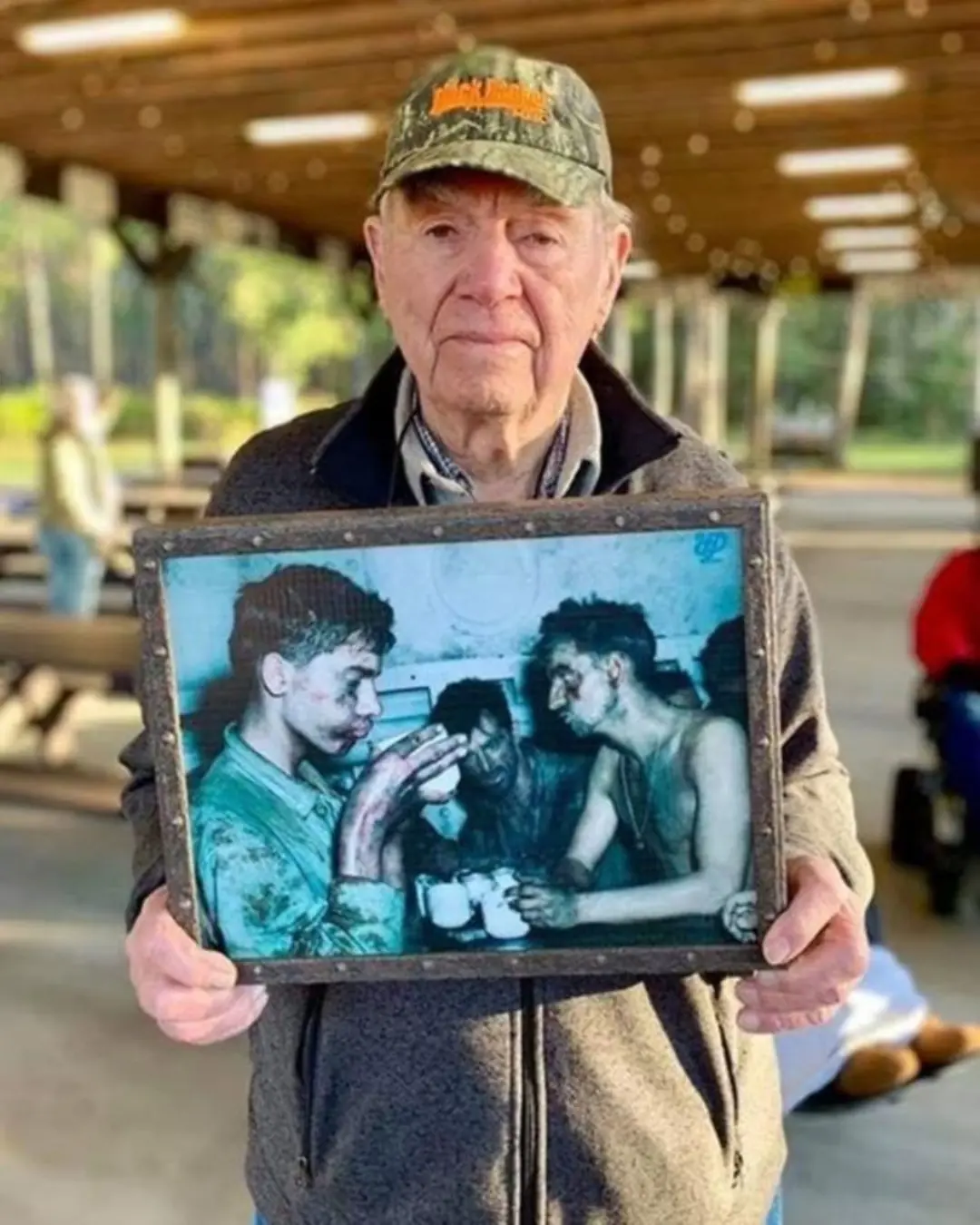
The Coffee Photo That Survived the War.

Issa Rae Opens New ‘Downtown Dough’ Pizzeria in L.A.

From Hardwood Hero to Human Inspiration: The Legacy of Rodney Rogers.

The step-by-step plan to drop 30 pounds quickly in 2025

The Weight Bryce Couldn’t Carry Alone.

A Lesson Two Boys Will Carry for Life.

Got High Blood Pressure? Try This 2-Ingredient Tea!

106 & Park to Celebrate 25 Years With an Epic Reunion at the 2025 BET Awards

She Just Opened The First Black-Owned Direct Primary Care Facility In Washington State

The First Time Pyi Mai Touched the River.
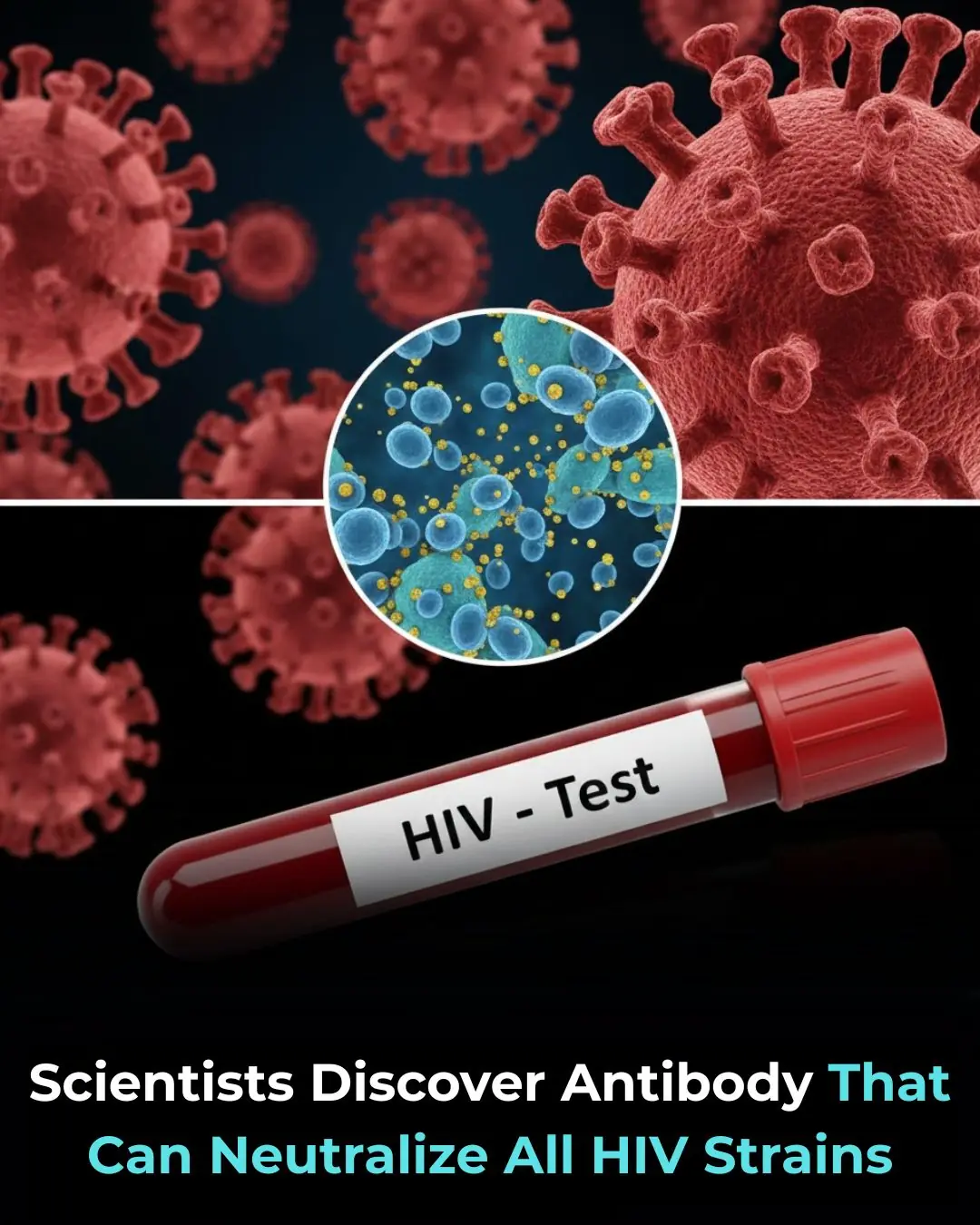
🛡️ The Holy Grail of HIV Research: A Broadly Neutralizing Antibody Targets the Virus's Achilles' Heel
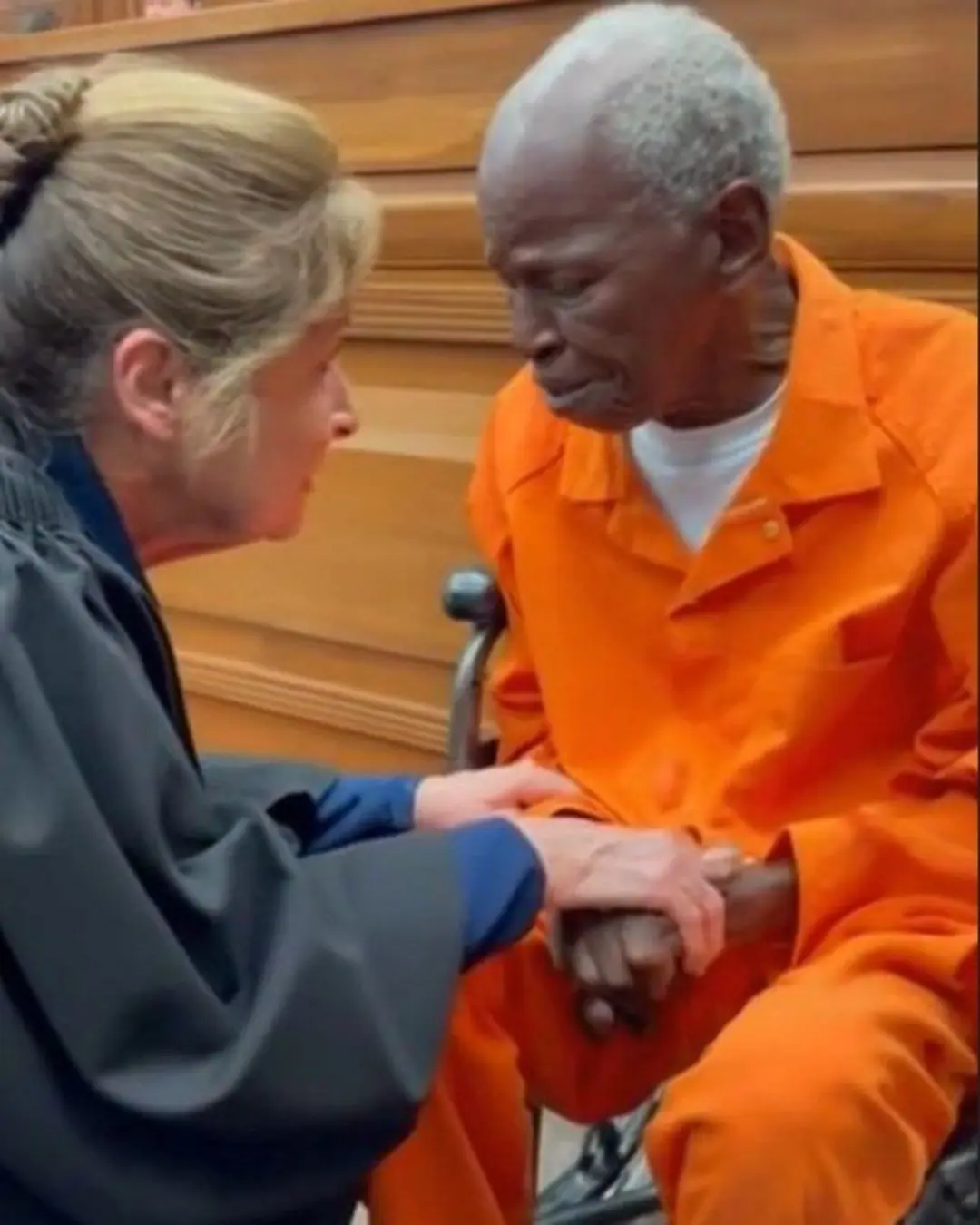
The Day Mr. Brooks Walked Back Into the Sunlight.
